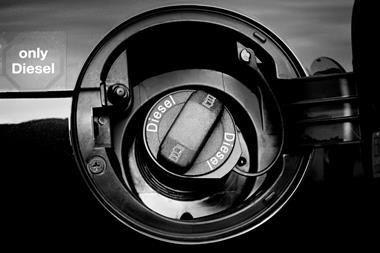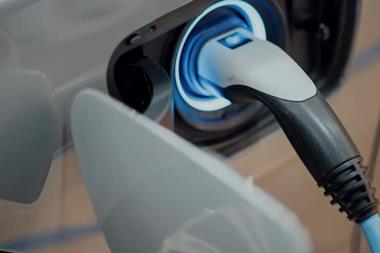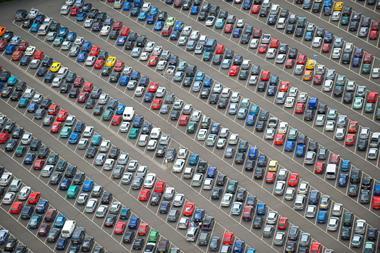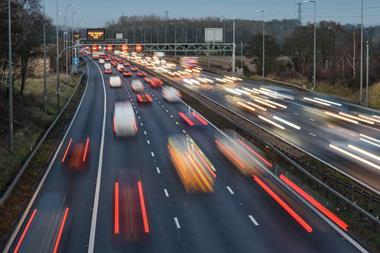Pollution from many popular diesel cars is much worse when the outside temperature is cooler than 18C, new research suggests.
Experts have suggested the reason is that many engine management systems switch off or reduce pollution controls in lower temperatures.
Very hot and cold weather can damage engine components, and car makers are allowed to cut back on pollution controls to protect the engine.
However, critics suggest they are abusing this by switching off systems even in mild weather in order to boost miles per gallon.
Testing company Emissions Analytics told the BBC it has measured a significant rise in poisonous gas emissions from a wide range of models as the temperature drops.
It found the problem is worst among the Euro 5 category of cars, which became mandatory in 2011. The firm tested 213 models across 31 manufacturers.
“I would say from the Euro 5 generation of cars, it’s very widespread, from our data. Below 18 degrees, many have higher emissions... the suspicion is, to give the car better fuel economy,” Emissions Analytics CEO Nick Molden told the BBC.
“If we were talking about higher emissions below zero, that would be more understandable and there are reasons why the engine needs to be protected. But what we’ve got is this odd situation where the [temperature] threshold has been set far too high, and that is a surprise.”
The Emissions Analytics data found the average Euro 5 vehicle was 3.6 times over the legal limit for poisonous Nitrogen Oxides (NOx) when it was above 18C. But that increased to 4.6 times over the limit, when the air temperature dropped.
The latest generation of Euro 6 cars, on sale from September last year, were better, he added.
They averaged 2.9 times the limit above 18C, rising to 4.2 times the limit at lower temperatures, but the figures were skewed by three especially bad performers, Molden said, although he refused to name those cars.
Asked if millions of diesel cars are currently driving around for most of the year, not using their pollution cleaning systems at all Molden replied: “That is the suspicion, or they’re using their emissions system at a reduced level.”






























No comments yet